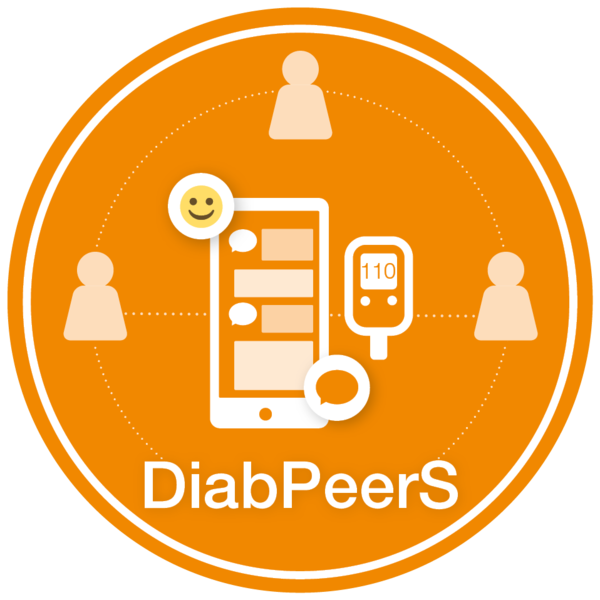Improving glycaemic control in patients with type 2 diabetes mellitus through peer support instant messaging: a randomized controlled trial

Diabetes – A Global Health Problem
Diabetes mellitus is one of the four major non-communicable diseases in the world. In 2019, 463 million adults worldwide suffered from diabetes mellitus, and their number is expected to increase by 51% by the year 2045. The most common form, diabetes mellitus type 2, affects mostly people over the age of 40. Diabetes can lead to severe long-term complications as well as low quality of life, poor mental health, and reduced life expectancy. In addition to health implications, the disease is also associated with considerable healthcare costs.
Peer Support for Successful Diabetes Self-Management
Due to the chronic nature of the disease, diabetes patients require continuous therapy, regular medical appointments, and good adherence. This is why diabetes self-management training plays an important role in providing affected persons with knowledge and skills in dealing with their affliction. Studies have shown that the positive results of diabetes self-management trainings are hard to maintain and seem to decline soon after the training has ended. Effective strategies to preserve these positive impacts are therefore needed. First results show that peer support – which means assistance by a person who has experienced a certain behaviour or stress factor, or has similar characteristics as the target group – can achieved better results at lower costs than standard therapy. Although these results are promising, research on peer support in diabetes therapy is still at an early stage and the impact of many factors remains unclear. Peer support via Instant Messaging Services (IMS) has a considerable potential for diabetes management because support can be achieved fast, easily, inexpensively and with less effort for the affected persons. Furthermore, the majority of the 40- to 69-year-olds – in other words, the age group most often affected by type 2 diabetes – already use IMS.
Project Objective
The objectives of the project are the implementation of peer-supported intervention via IMS for patients with diabetes mellitus type 2 and the analysis of whether intervention has an effect on glycemic control. The underlying theory is that the intervention promotes diabetes self-management, thus leading to improved disease-specific parameters and higher quality of life.
Peer Support Intervention
People with diabetes mellitus type 2 are assigned to the intervention or control group. While the control group continues to receive the usual diabetes treatment, the intervention group additionally engages in exchange with other diabetes type 2 patients using the IMS tool. Every group is led by a specially trained diabetic person. All participants are trained before the intervention starts.
Interdisciplinary Cooperation
The project is jointly implemented from 2020 to 2024 by the following consortium members:
- St. Pölten University of Applied Sciences, Institute of Health Sciences and ICMT
- Österreichische Gesundheitskasse
- Karl Landsteiner Privatuniversität für Gesundheitswissenschaften, Department Psychology and Psychodynamics, Division Psychological Methodology
- University Hospital St. Pölten, clinical division for internal medicine 1
The projects' team gratefully acknowledge the financial support of the Gesellschaft für Forschungsförderung Niederösterreich m. b. H. and the provincial government of Lower Austria through the (Life) Science Calls (Project ID LS18-021).
The project is supported by NÖ Landesgesundheitsagentur.

You want to know more? Feel free to ask!
Department of Health Sciences
- FH-Prof. Mag. (FH) Dr. Johanna Grüblbauer
- Mag. (FH) Mag. Dr. Astrid Ebner-Zarl
- FH-Prof. Dr. Ursula Hemetek MPH
- FH-Prof. Daniela Wewerka-Kreimel MBA
- FH-Prof. Stefan Rottensteiner BSc MA
- FH-Prof. Manuel Schwanda BSc MScN
- Katharina Pschick BScN MSc
- FH-Prof. Manuel Kaider BSc MScN
- Dr. phil. Tatjana Aubram BA MA
- Magdalena Führer PT BSc
- ÖGK Österreichische Gesundheitskasse
- Karl Landsteiner Universität für Gesundheitswissenschaften
- Universitätsklinikum St.Pölten

